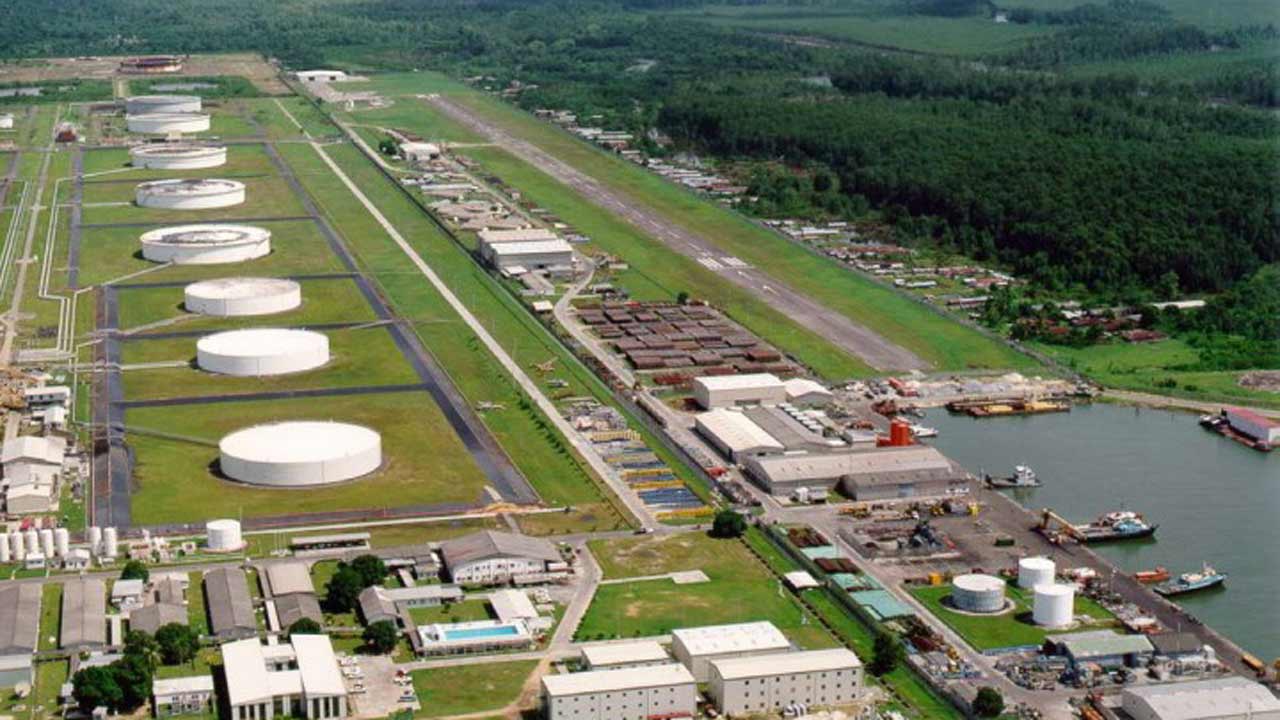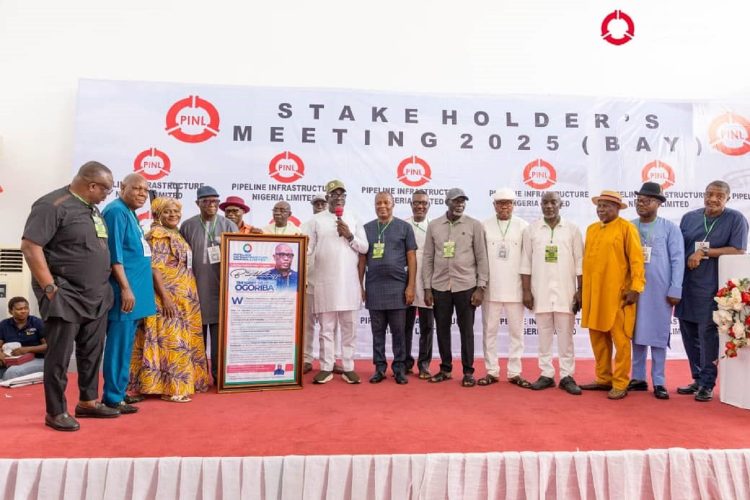UN-Business Partnerships: A Handbook
September 20, 2018
Oil majors expect first ruling in Nigeria’s $1.3b oilfield scandal
September 20, 2018
A civic research institution, BudgIT, Tuesday adjudged Rivers, Bayelsa, Delta, Akwa Ibom, Lagos, Edo and Ondo States as being fiscally sustainable, citing their robust revenue profile and manageable recurrent expenditure obligation.
In its 2018 edition of State of the States annual report released in Abuja, the body also highlighted a commendable appearance by the states with low expenditure outlay and sizeable debt including Anambra, Enugu and Katsina.
BudgIT further pointed out that Abia had tightened its recurrent projection, providing it with the opportunity to leap on its sustainability rankings.
Nevertheless, the report stated that Lagos dropped from second to fourth place on the Fiscal Sustainability Index notwithstanding its economic advantage.
Explaining the rationale for this, the Communications Lead, BudgIT, Ayomide Faleye, said: “Lagos’ internally-generated revenue, when compared to many of its peers, is relatively high. Her IGR as at the end of 2016 was N287 billion, from 2015 levels of N268.2 billion. In 2018, the state is planning a recurrent expenditure spending of N305 billion or N25 billion monthly.
“With its IGR not expected to grow significantly above N300 billion, while its share of revenue from FAAC in the first six months of 2017 was N6.6 billion; Lagos overheads cost and debt which is unusually elevated weighing down on its revenue and its performance on the 2018 fiscal sustainability index.”
However, the report lamented the poor fiscal management in Cross River “with its bogus budget plan of N1.3 trillion in 2018, which severely weighed it down on the index”.
The state recorded net inflow of N22.40 billion between January and June 2018 from FAAC; N18.10 billion in IGR and VAT of N878.99 million- but domestic and external debt were valued at N25.64 billion and $167.92 million respectively as at 2017.
It also portrayed Osun as still being in a precarious economic situation, ranking 35 out of the 36 states tested.
ALSO READ: NEMA gives Flood Warning for Abia, Bayelsa, Delta, and Anambra
PIND shares success stories, unique model at Nigerian Industry Petroleum Summit 2018
FG, UNDP collaborate to mainstream SDGs in states, LGAs policies
Its net allocation from the Federation Account Allocation Committee (FAAC) stood at N15.79 billion from January to June 2018, but had a domestic debt of N138.23 billion and $96.60 million in external borrowing in 2017- as well as a budget size of N176.4 billion and Internally Generated Revenue (IGR) and Value Added Tax (VAT) of N6.48 billion and N924.83 million respectively.
Also, with its domestic and foreign debts at N117.49 billion and $78.05 million respectively as well as net FAAC allocation of N22.91 billion; IGR, N4.96 billion; VAT, N832.87 million, Ekiti was adjudged to have failed the fiscal sustainability index.
The report, however, observed that states appeared to lack the rigour and foresight to explore the various export opportunities at their behest to boost non-oil receipts.
“BudgIT recently analysed the fiscal condition of states and noticed that states’ fiscal account generally improved on the back of increasing oil revenue.
“It was critical that state governments embrace a high level of transparency and accountability, develop workable economic plans, take haircuts — especially on overheads — expand their internally generated revenue (IGR) base, and cut down on debt accumulation without a concrete repayment plan,” it noted.
The research, however, re-emphasised the need for states to look beyond rhetorics and commit to a reduction in their operating costs, including significantly cutting unreasonable overheads while freeing up more spending for social and economic infrastructure.
It noted that states needed to link future borrowing to sustainable projects, which can pay back the capital cost of its current loans and improve the overall income profile of the state.
“Economic planners at the state level are also advised to improve tax collection efficiencies and realign budgeting with statewide plans.
“Significant investment is needed to improve the overall economic performance at the state level, which invariably could create jobs that feed into states’ internally generated revenue.
“Improve spending is also critical for value-added tax revenue. Export opportunities in aquaculture, agriculture, manufacturing, trade, logistics and tourism abound across states, but it seems states lack the rigour and foresight to explore them,” it stated.
BudgIT operates by applying technology to intersect citizen engagement with institutional improvement to facilitate societal change.
The organisation’s Principal Lead, Mr. Gabriel Okeowo, said the report represented the prevalent economic situation in the states.
Culled from: This Day









